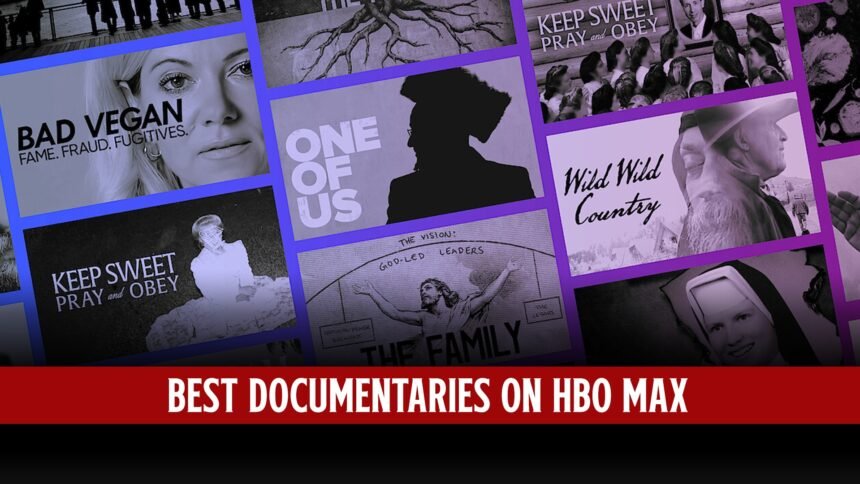Goldman Sachs has reportedly abandoned its plans to launch a branded credit card for retail customers. When asked to comment, a spokesperson for the bank downplayed the decision, stating that the consumer card was discussed but never a “meaningful” part of the company’s strategy. Goldman Sachs had previously announced plans to launch a consumer credit card, but this idea was put on hold as the company scaled back its retail banking business.
The decision to halt the credit card launch is part of a larger trend of some big banks moving away from retail banking operations. Goldman Sachs has been downsizing its retail banking operations as part of a major reorganization effort that streamlined the company into three divisions: one focused on investment banking and trading, another on asset and wealth management, and the third dealing with transaction banking.
Marcus, Goldman’s digital-only bank, was included into the company’s asset and wealth management division as a result of this change. The company’s new direct-to-consumer (D2C) strategy, which focuses on existing deposit customers and consumers the bank already has access to through channels like workplace and personal wealth, was also introduced at the same time by CEO David Solomon.
According to a research released by Goldman Sachs last month, the Platform Solutions division—which includes some of the Marcus functions—lost $1.2 billion, $1 billion, and $783 million in the first three quarters of 2022, 2021, and 2020, respectively. Platform Solutions include consumer platforms such as joint ventures that provide credit cards, POS financing, transaction banking, and other services to corporate and institutional clients. Goldman officials are nevertheless optimistic that the business can scale Platform Solutions towards profitability in the future despite these losses.
Goldman Sachs is one of many banks shifting away from retail banking. Citigroup, for example, announced last year that it was changing its business structure as part of a larger strategy to move away from global retail banking. Citi has shut down its Mexican retail banking arm, Citibanamex, and sold its consumer banks in Indonesia, Malaysia, Thailand, and Vietnam to Singapore’s United Overseas Bank. Later in 2022, Citi also said it was pulling out of its retail operations in the U.K. to focus more on its wealthiest clients.













